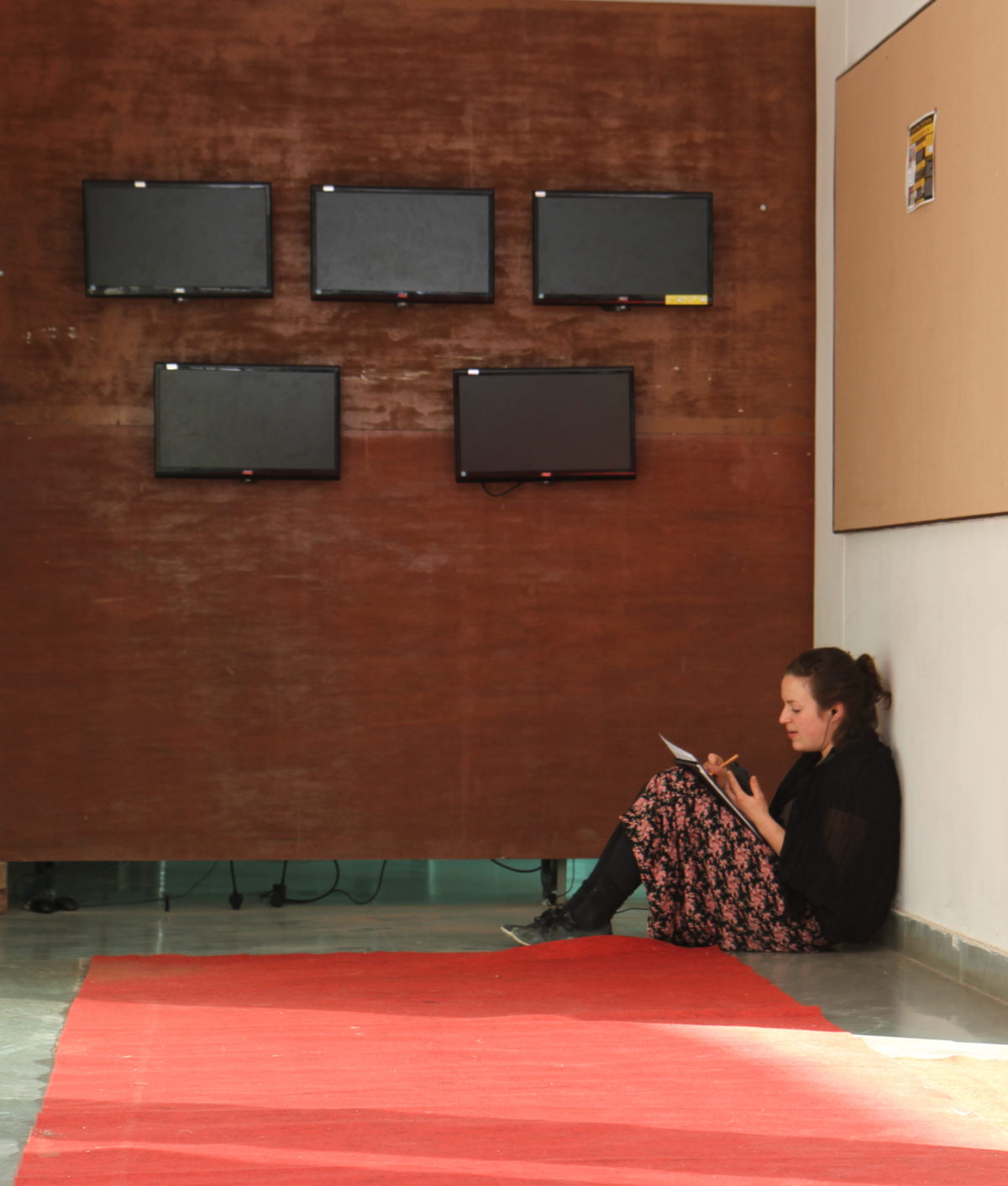The Challenges of Supervising Students Abroad
Spending time abroad as a student today is easier than ever. Thanks to exchange programmes like Erasmus it became a common element of academic studies. And likewise supervising students while they are abroad is, thanks to Skype and similar technology, much easier today. Still some challenges remain.
One challenge might be mastering the specific problems students meet while being abroad: On the one hand, being abroad does not necessarily lead to personal growth and a deeper examination with the hosting culture as Shannon explains: „The major barrier appears to be a situation identified in previous research whereby students often find themselves confined in some kind of international student bubble.“ (86). Far too often, students change the environment, but not the milieu. How can supervisors support students to actually get in touch with the cultural space visited and reflect on their experience on a deeper level? This is why we developed the Travel Kit and ask students to do a documentation of their time abroad.
On the other hand, dealing with unfamiliarity can lead to getting caught in stereotyping or exoticism. Unfamiliarity can cause a high amount of stress or even lead to what we know as cultural shock. The bigger the cultural difference between one’s own culture and the one visited, the higher is the risk to get into a cultural shock, as Hofstede has described. Also here supervision can be extremely helpful to overcome such one-sided and difficult states.
Another trap might be, to be caught in one’s own expectations. Some students, especially those who study art or design, might just seek inspiration, without realizing social, economic or ecological circumstances of what inspires them. Others might be caught in their task, not able to reframe it when confronted with the situation at place. In all of these cases supervision can be extremely helpful.
Finally, students that study abroad might be challenged by another system of design education and struggle with this. Learning, teaching, designing might be different than they are used to. But this might also lead to a higher awareness of their own cultural standards in design concerning aesthetics, methods and processes, needs and problems, aims and objectives, material culture and more.
And not to forget another challenge might be mastering the difference that occur in supervision when meeting in person is not possible, when you only see each other on a flat screen without physical presence.
How can we meet these challenges as supervisors?
In this post, let’s stay with the first challenge mentioned: Students that study abroad do not necessarily make experiences of unfamiliarity, as they might not change their milieu. Shannon suggests: For deeper understanding an alien society, it is important to establish close contact with the host population. (86) and engage students in some kind of inquiry, for example engage them in an ethnographic research project. That means as a supervisor I can support deeper intercultural learning by encouraging my student to pursueing a project or research that a) will lead to reflection about experiences made and b) includes contact with locals.
In addition to that, we suggest to put special attention on the documentation of the time abroad. Keeping a journal has for us proven to be very helpful. This might be the base for keeping track on the students’ experience.
Even a short travel of few weeks can, if a research question is formulated and a journal kept, lead to surprising learning experiences and changes of attitude, as I have experienced with students I was supervising: Anna Studer built her diploma project on a two-week journey to Poland and found the experience so impressive that she took up the topic of travel writing in her Master thesis. Manuel Wüst went on a six week field work research that made him question his own society’s way of treating left-over material.
As a supervisor it is important to keep in mind that a travel experience can also be made around the corner in an unknown neighbourhood: Lea Leuenburger did an interactive map after being part of a fieldwork workshop just an hour away from her home. Even exploring one’s one cultural identity can be a rewarding starting point, as the works of Niku Alex Mucaj and Tatiana Tavares show. What matters is if we, as supervisors, are aware of the chances and the challenges for both us and the students we supervise.
Shannon, William (2015). Australian and New Zealand Students in Europe: The Impact of Unfamiliarity. http://anzjes.org/index.php/component/content/article/75-anzjes/133-anzjes-vol-7-no-2 (Stand 15. 02.2017)
